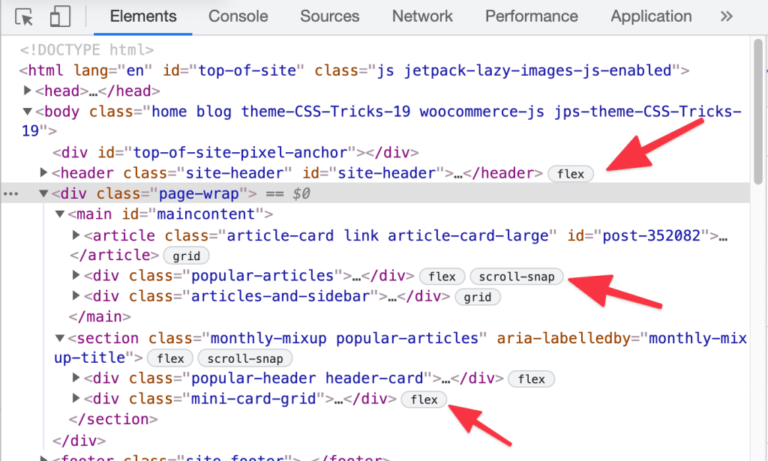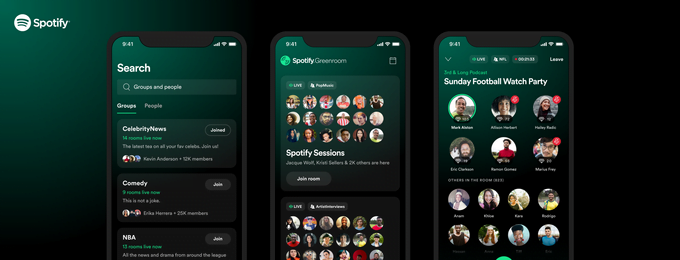
The world is moving at a fast pace with innovations in technology every year to tackle all kinds of challenges. Companies are regularly updating and improving their products to meet these challenges and are looking to recruit new talent. Are you looking to participate in newer projects within your company? Are you looking to switch employers or careers? Do your skills match the job description? If they don’t, but you’re keen to explore new possibilities, read on.
Benefits of Updating Your Engineering Skills
Table of Contents
To keep up with rapid technology changes, you have to be current with your skills. With newer skills, you’ll have greater success in looking for a new career or being recruited to other projects. A new career often comes with the side benefit of a higher salary.
With more skills under your belt, you’re more likely to be noticed and recruited for more projects within your organization. If you’re certified in a particular discipline, you’re more likely to be trusted and hired for specific expertise.
Company-sponsored Initiatives
Tuition Assistance
Many companies offer tuition reimbursement as part of the employee benefits package. According to Glassdoor’s 2020 report, some companies offer partial to full tuition assistance, with either the employee or the employer choosing an educational institution. The amount ranges from $500 to $10,000 per year, and may extend to both full-time and part-time employees. T-Mobile, for instance, offers to cover the full tuition bill for full-time workers at designated online universities and partial tuition assistance for both full-time and part-time employees at other institutions.
Negotiation and Commitment
As the requirements for financial assistance vary among employers, talk to your boss about your career goals and obtain permission and sponsorship to acquire your next set of skills. As pursuing education may interfere with your work schedule, offer to take these courses in the evenings or weekends if available.
Prepare a list of convincing arguments why your employer should invest in your education and how you will benefit your employer in the long run. Be grateful and commit to remaining with your employer after you finish your program. Some companies may require you to sign a contract to solidify your commitment.
Job Certification and Legality
Some jobs may require you to be certified to perform your tasks. In this case, you can earn while you learn because, as a non-exempt employee, you should be remunerated for your learning and preparation time toward certification.
Check out some legal requirements to ensure that your training is necessary, your learning and training are conducted during working hours, and productive work is being performed.
Internal Training
The range of skills you’re looking to acquire may be obtained within the company or outside. Amazon, for example, offers training and certification programs in cloud computing for internal employees as well as customers and partners. Tech giants such as Google have been known to support peer-to-peer employee learning programs or mentoring to foster camaraderie and build employee growth. AT&T boasts of its internal AT&T University to encourage employee learning while on the job to boost their skill sets.
External Training
Companies like AT&T invest in employee-retraining programs through collaboration with partners such as Udacity, Coursera, University of Notre Dame, and Georgia Tech, to offer advanced degree and certification programs in the latest technologies.
By participating in company-sponsored employee learning programs, you can align your skills to your company’s goals and objectives. Your organization may be teaming up with other companies to sponsor or lead conferences relevant to your industry. Be on the lookout for these avenues, as they’ll help you network with others and pick up additional skills.
Online Developer Communities
As a software engineer, part of your role is to research before you design a solution. When you’re researching and planning, you encounter novel ideas and learn new wisdom along the way. Though unofficial, this is an accepted method of acquiring a new skill set while you’re on the job. While working on your project, you may encounter stumbling blocks. You may be able to find answers within your cohort.
Otherwise, you can always explore the question-and-answer repository on Stack Overflow. Chances are, you may be able to pick up some beautiful gems and knowledge from others’ experiences. You’re learning and getting paid for this research while working.
Self-sponsored Initiatives
Free Learning Resources
If you’re a freelancer and ineligible for your current employer’s benefits, you can still expand your engineering skill set. You can learn from free developer teaching websites, such as w3schools and freeCodeCamp. These resources will allow you to gain extra knowledge on your own time.
In addition to free courses, freeCodeCamp offers free certifications on full-stack web development with JavaScript, including responsive design, front-end libraries, data structures and algorithms, data visualization, API and microservices, and quality assurance, as well as Python certifications in scientific computing, data analysis, information security, and machine learning.
Technology Certification
If you’re interested in cloud computing, take a look at the many offerings from Amazon, Google, and Microsoft. Amazon offers professional certifications for AWS as a cloud practitioner, solutions architect, developer, SysOps administrator, DevOps engineer, and other specialties. Artificial intelligence, machine learning, and data science have dominated much of the technology spheres.
You can obtain certifications for these popular fields at Google, Microsoft, Udacity, and DataCamp. If you’re an experienced relational database designer looking to explore NoSQL alternatives, investigate the various offerings and certifications available at MongoDB University.
Continue reading How to Expand Your Engineering Skill Set Without Quitting Your Day Job on SitePoint.






